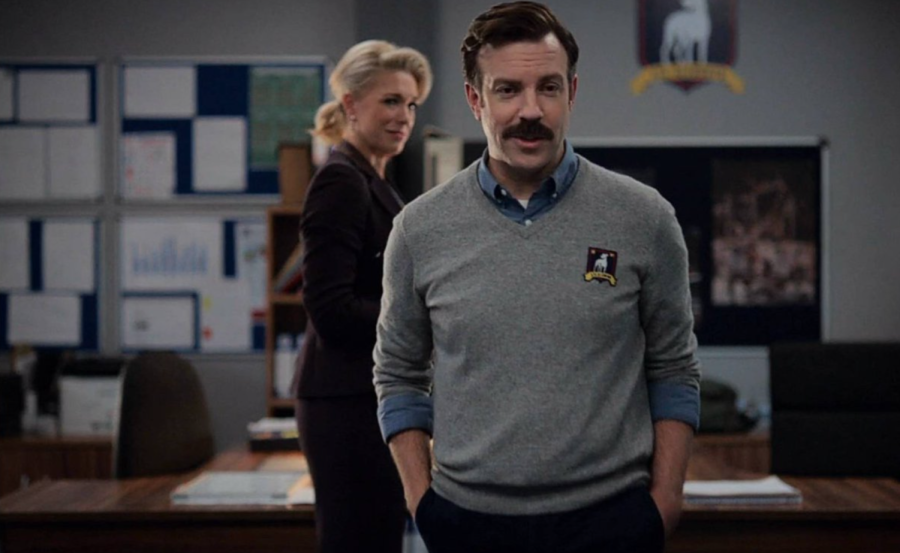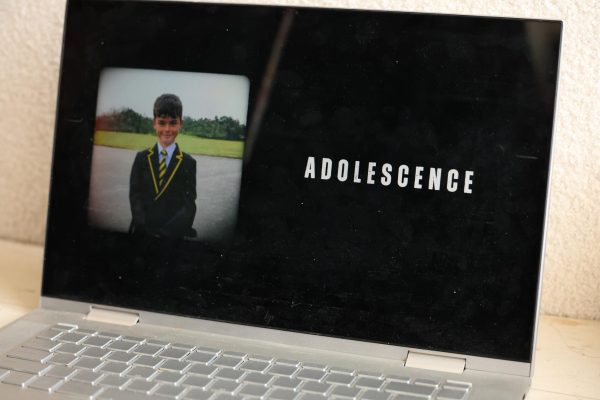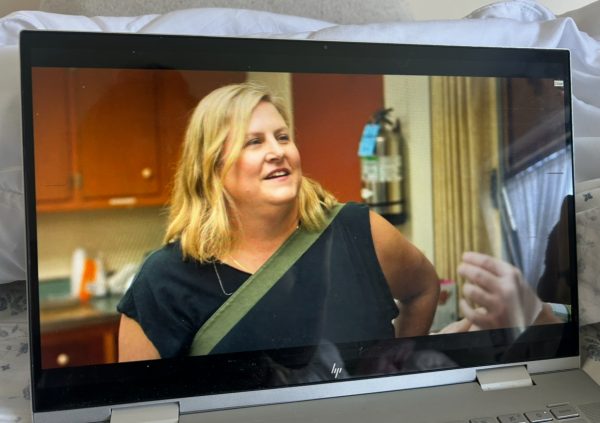Believe It, “Ted Lasso” Is Back and Better Than Ever
First released in August 2020 on Apple TV, “Ted Lasso” follows an American football coach hired by a British soccer team, AFC Richmond, to be their new manager. In the first season, Rebecca (Hannah Waddingham), the club’s owner, hired Lasso (Jason Sudeikis) secretly hoping the team would fail as revenge against her ex-husband, who lost his club to her in their divorce. In a surprising turn of events, Lasso brings the team closer than ever before and leads AFC Richmond to victory. The series has become beloved by viewers not just because of the chipper attitude of Lasso, but because of the emotional intricacies laced throughout the story.
Season two left viewers with a more profound sense of multiple characters’ internal struggles, including Ted’s anxiety, Jamie Tartt’s (Phil Dunster) paternal trauma and the relationship troubles of Keeley (Juno Temple) and Roy (Brett Goldstein). The cliffhanger ending shows Nate (Nick Mohammed), the newly appointed assistant coach, turning down a dark path by telling the press that Coach Lasso had a panic attack during their final game. The season ends with Nate joining a new rival team, and viewers hoped season three would resolve the rest of the characters’ struggles.
The first episode of season three came out on Wednesday, March 15, with the second following last Wednesday, March 22. Season three starts with Ted putting his son on a plane back to Kansas City, then returning to AFC Richmond to find the team in shambles because pundits are placing them last in the league, which would demote them out of the Premier League at the end of the season. Ted uses a hilarious sewage metaphor to remind the players to let go of the “poop-eh,” as Jamie calls the pundits’ negative remarks. Later in the episode, Ted disregards Nate’s antagonistic comments in a charmingly self-deprecating manner, reminding long-time fans that there is bound to be more humor this season. Episode two follows the team’s quest to gain superstar footballer Zava (Maximilian Osinski), who they feel could be the key to staying in the Premier League. The other major conflict is Trent Crimm (James Lance) following the team to write a book about them. Roy bans the team from talking to the reporter for reasons unknown until the end of the episode, which leads to an emotional moment, now a seemingly constant theme of season three.
Some viewers are not fond of the more reflective and emotionally deep tone “Ted Lasso” adopted in season two. Reviewers of season three see a similarity between the new season and the last, with Vulture stating, “Ted Lasso is amiss figuring out what kind of show it wants to be and what storytelling priorities it wants to hold on to in its final act.” Others, however, like the added depth, as the show exemplifies real-life struggles without losing the original “Ted Lasso” charm. One person from The Guardian stated the show, “cuts the sweetness with just enough vinegary exchanges to prevent the whole from becoming sickening.” Overall, the feedback seems to be positive, which I would have to agree with.
Season three, in my opinion, has not lost any of the original “Ted Lasso” positivity. Sure, the new episodes hold more emotional depth than the debut season, but that doesn’t mean it has lost its spark. The first two episodes had me in tears laughing, especially Jamie Tartt’s one-liners. Each character last season highlighted, including Roy and Keeley, seems to be getting more screen time and increasingly complex storylines. “Ted Lasso” also incorporates mental health struggles into the plot, and I think season three will have the most emotional depth. While many viewers may not like this slight change in tone, the story needs this arc to continue to be a good show. Keeping the characters’ surface level would remove one of the most significant reasons people love the series so much — we can all find a piece of ourselves in the characters. It’s comforting to see mental health troubles up on the big screen. The first two episodes proved the Apple TV series is back and better than ever, with more laugh-out-loud jokes and deep conversations we’ve all grown to love from Ted and the rest of the team. I can’t wait to see what the rest of the season holds!














































































































































































































Mary Lawton • Apr 4, 2023 at 5:35 pm
Very insightful and enjoyable review, Lillian. Keep writing, you have talent!